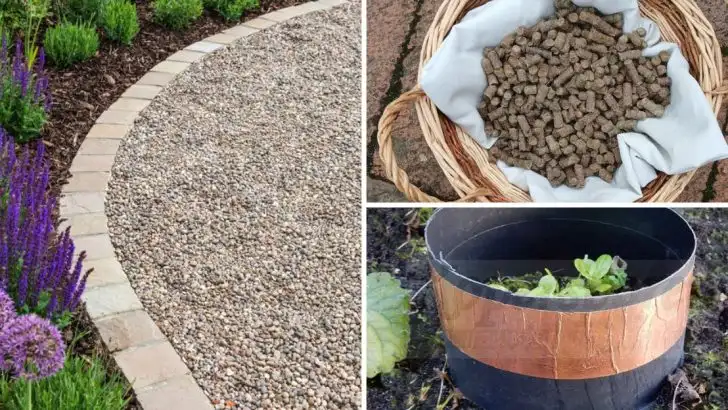Slugs and snails—those slow-moving garden invaders—can be a real headache for gardeners. They seem to show up just when your plants are at their most vulnerable, munching away at tender leaves and soft stems. The good news is, there are plenty of creative ways to keep these critters at bay without resorting to harsh chemicals or drastic measures.
From using natural deterrents like coffee grounds or eggshells to introducing predators that love a good slug snack, there are many inventive solutions that can help you protect your garden. It’s all about finding strategies that work with your environment and making your garden less inviting to these garden pests. You don’t have to wage war on your slithering visitors—just rethink the way you approach garden defense.
Copper Barrier
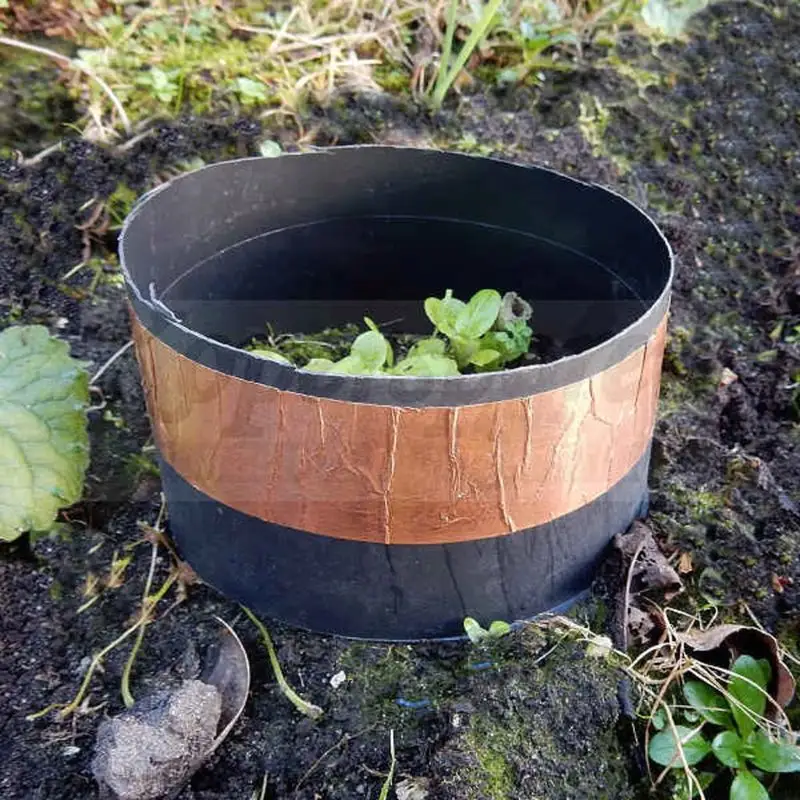
Copper is more than just a pretty metal. When slugs and snails try to cross a copper barrier, they receive a mild electric shock, making it an effective deterrent. Imagine a gleaming copper tape encircling your precious plants, reflecting the gentle morning sun. This invisible force field doesn’t harm your garden’s aesthetic while keeping pests at bay. It’s easy to apply and can be placed around pots or at the base of plants. Best of all, it’s a sustainable solution that lasts! Next time, consider embellishing your green space with a touch of copper shine.
Eggshell Mulch
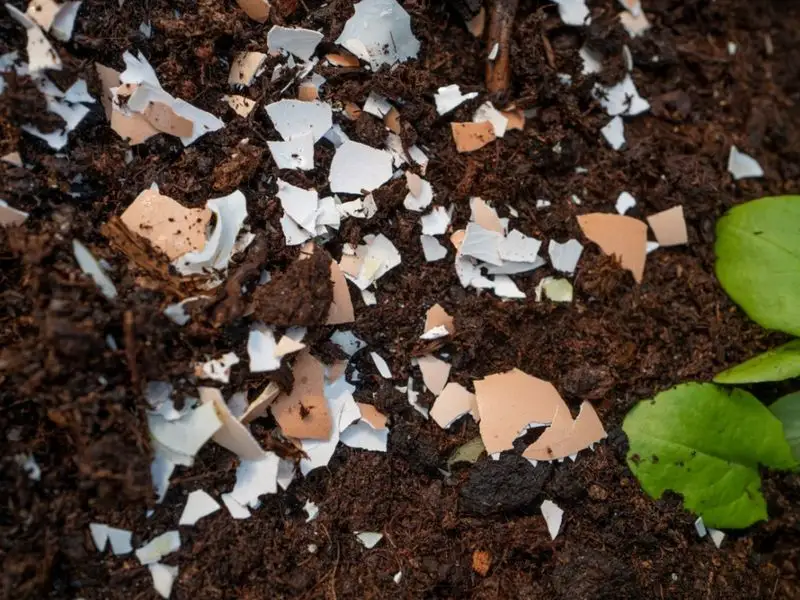
Eggshells aren’t just breakfast remnants; they can be your garden’s new best friend. Crushed eggshells create a sharp, uncomfortable surface for slugs and snails, deterring them from crossing. Imagine scattering these bright white shards around your plants, glistening like tiny shields. They not only protect but also enrich the soil with calcium as they decompose. Next time you crack an egg, think of it as an investment in your garden’s future. This method is as sustainable as it is effective, turning kitchen waste into garden armor.
Beer Trap
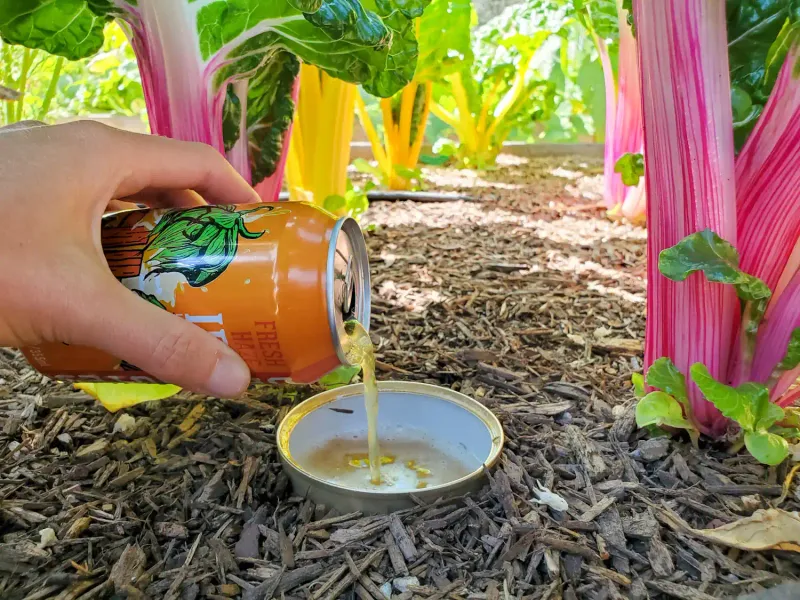
Who knew slugs and snails were party animals? They are irresistibly drawn to the yeasty aroma of beer. By placing a shallow dish filled with beer in your garden, you’re setting the perfect trap. These critters will crawl in for a sip and unfortunately meet their fate. Picture this: a garden party where unwanted guests are lured away, leaving your plants to thrive. It’s a simple setup with remarkable results, making it a favorite among gardeners. Plus, it’s an excuse to grab an extra six-pack!
Diatomaceous Earth
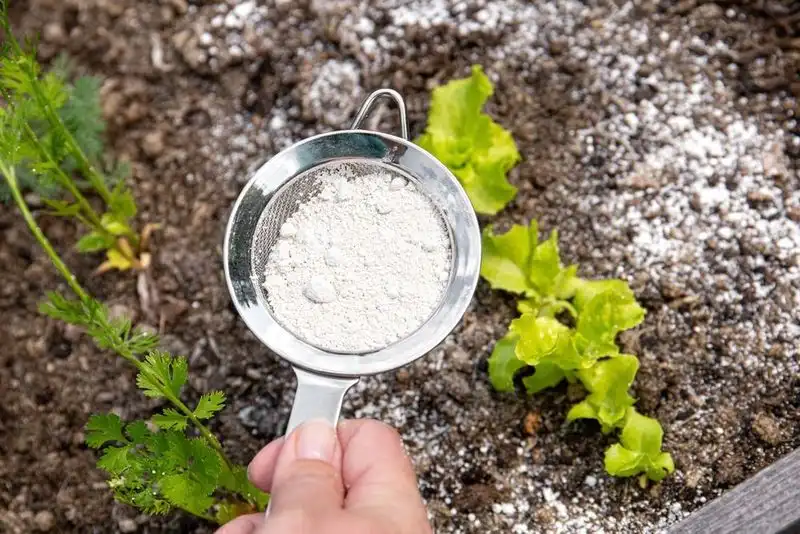
Diatomaceous earth might sound like an alien substance, but it’s a gardener’s secret weapon. Made from fossilized aquatic organisms, this fine powder is abrasive to the tender underbellies of slugs and snails. Imagine a soft, white carpet laid out around your plants, invisible yet highly effective. When they crawl over it, their exoskeletons are damaged, deterring them from further exploration. It’s a natural and non-toxic method, safe for pets and people. Sprinkling this earthy dust is like casting a protective spell that wards off pesky invaders.
Coffee Grounds

Coffee grounds aren’t just for your morning brew; they’re also a fantastic slug deterrent. Slugs dislike the texture and acidity of coffee grounds. Picture sprinkling them around your plants as a fragrant barrier. It’s a win-win—enjoy your coffee and protect your garden! As they decompose, they improve soil fertility, adding another layer of benefit. This eco-friendly method recycles waste while giving your garden a leg up. So next time, think twice before tossing those grounds.
Wildlife Friendly Toads
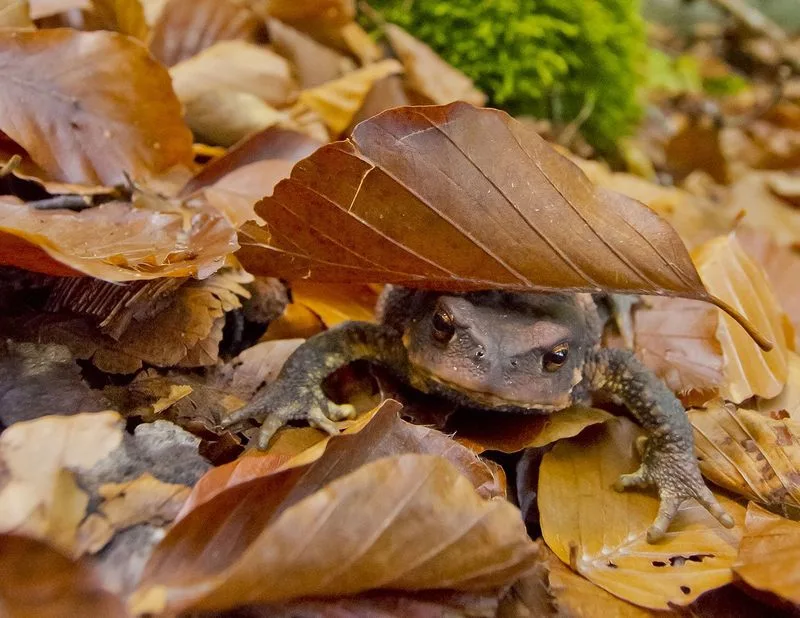
Invite toads to your garden party! These amphibians are natural predators of slugs and snails. By creating a toad-friendly environment—think shady spots and a shallow pond—you’ll encourage these helpful creatures to take residence. Picture a tiny toad hopping around, munching on pests as it goes. They not only keep slugs at bay but add a whimsical touch to your garden. Encouraging wildlife is a sustainable and enchanting way to maintain garden health. Welcome these hopping helpers with open arms!
Garlic Spray
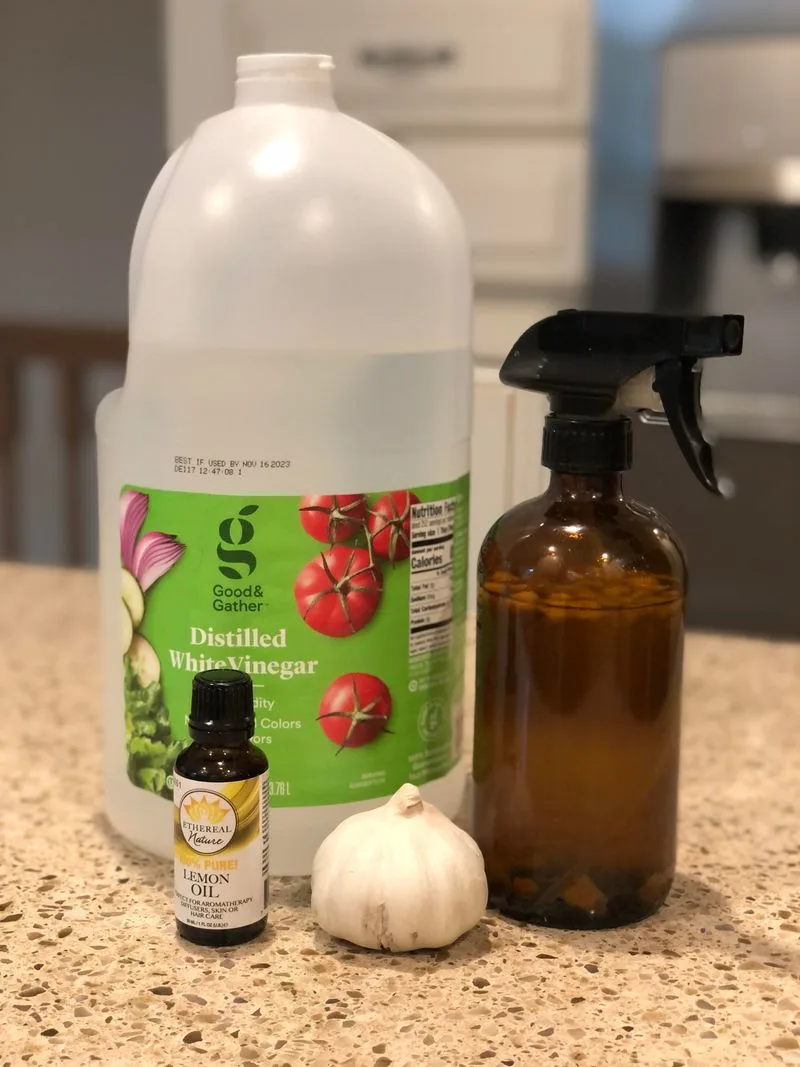
Garlic isn’t just for pasta—it’s a powerful pest deterrent. A homemade garlic spray can repel slugs and snails due to its strong scent. Imagine concocting a potion in your kitchen that doubles as a guardian for your plants. Spray it on your garden, creating a fragrant barrier. It’s easy to whip up; simply blend garlic cloves with water and let it steep. Not only is it effective, but it also feels like casting a magical spell, warding off unwanted garden critters with every spritz.
Sandpaper Barriers
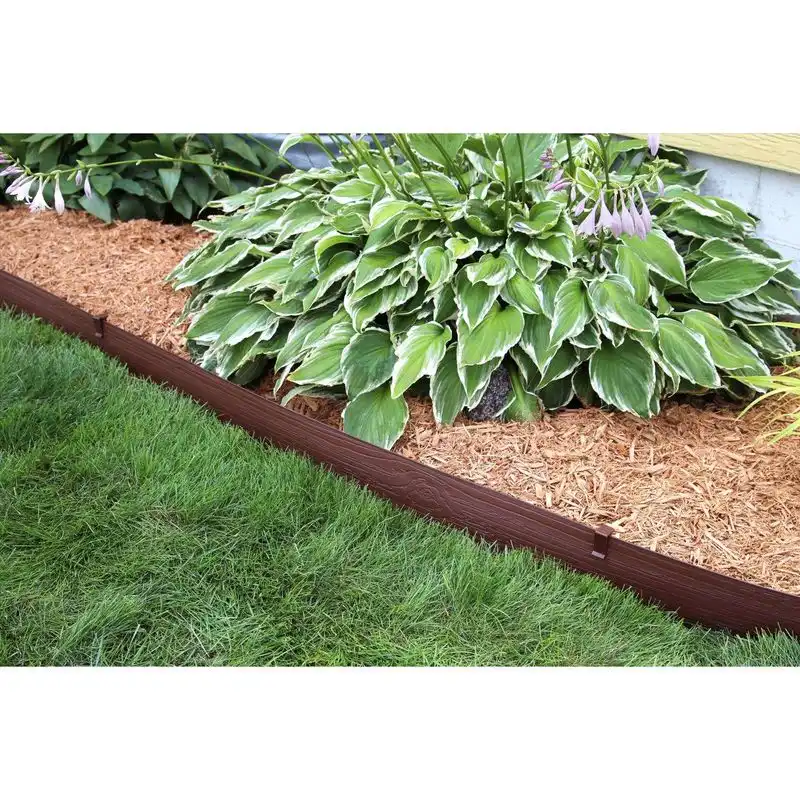
Sandpaper, with its gritty texture, can be an excellent deterrent for slugs and snails. Imagine cutting strips of sandpaper and placing them around your garden beds. The rough surface makes it uncomfortable for these pests to cross. Not only does it act as a physical barrier, but it also blends effortlessly into the soil. This method is practical and easy to implement, offering a crafty solution to a slimy problem. Harness the power of simple materials to safeguard your lush green haven.
Crushed Gravel Paths
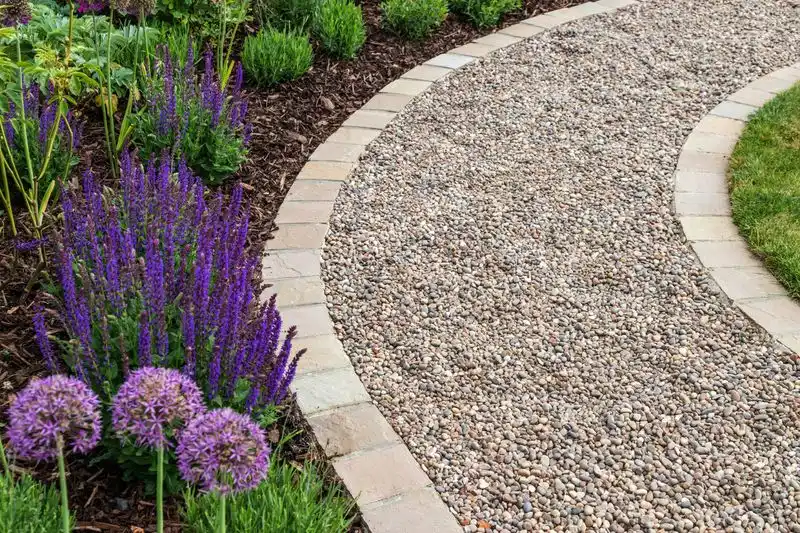
Gravel paths are not just aesthetically pleasing; they are a natural deterrent for slugs and snails. The sharp, uneven surface is uncomfortable for them to navigate. Envision a charming gravel path weaving through your garden, each piece glinting in the sunlight. It serves a dual purpose: beautifying your space and protecting it. This method suits gardens of all sizes, providing a sturdy and decorative solution to pest problems. Embrace this rustic charm and keep your garden thriving.
Wool Pellets
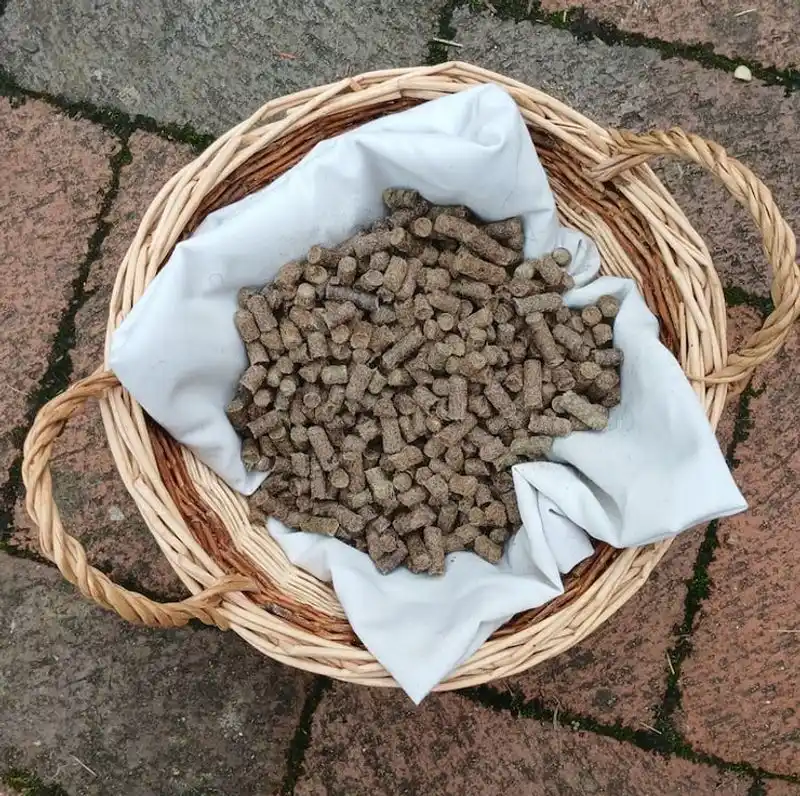
Wool pellets offer a gentle yet effective way to deter slugs and snails. When wet, they expand, creating a barrier that slugs find hard to cross. Picture a cloud-like ring encircling your plants, keeping them safe. Not only do they protect, but they also enrich the soil as they break down. This eco-friendly approach combines form and function, nurturing your garden naturally. It’s like wrapping your plants in a cozy blanket, shielding them from harm while fostering growth.

